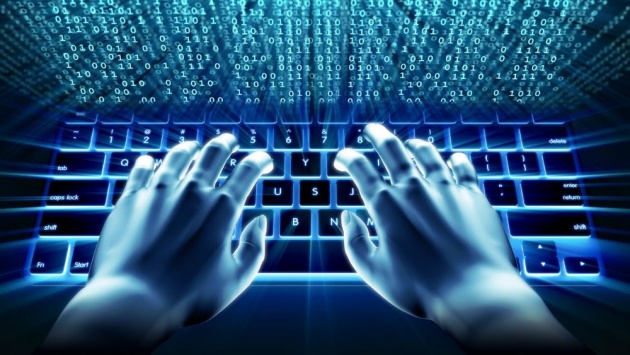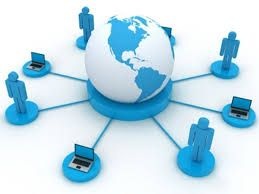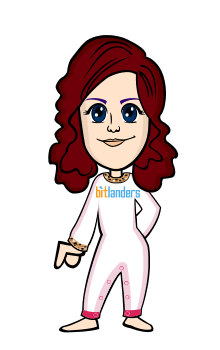The Internet is a vast, electronic network connecting many millions of computers from every corner of the world. The Internet is a publicly-accessible network that "consists of millions of smaller domestic, academic, business, and government networks" (Wikipedia: Internet, July 2007).

A computer connected to the Internet is commonly referred to as a host. Connections are made using telephone lines, cable data lines, fiber-optic, or even wireless signals. This connected-ness allows computers to send and receive information in the form of digitized data on demand. The data is passed back and forth between host computers usingpackets and protocols, such as electronic mail (e-mail) for messaging, file transfer protocol (FTP) for moving files, telnet for accessing information, hypertext transfer protocol (HTTP) for serving up Web sites, custom protocols, etc. Other common services of the Internet include the World Wide Web (WWW), Voice Over IP (VoIP), Instant Messaging (IM), streaming media, etc.

The Internet itself is decentralized---no one entity is completely responsible or has total control; however, your connection to the Internet is probably controlled by an Internet Service Provider (ISP).
When your computer is connected to the Internet you are online. Nowadays one typically has to plug-in to a network outlet, or select an active wireless signal, or dial into a service provider using a modem to get online. Sometimes one must authenticate one's computer with the controlling ISP in order to gain connectivity.



